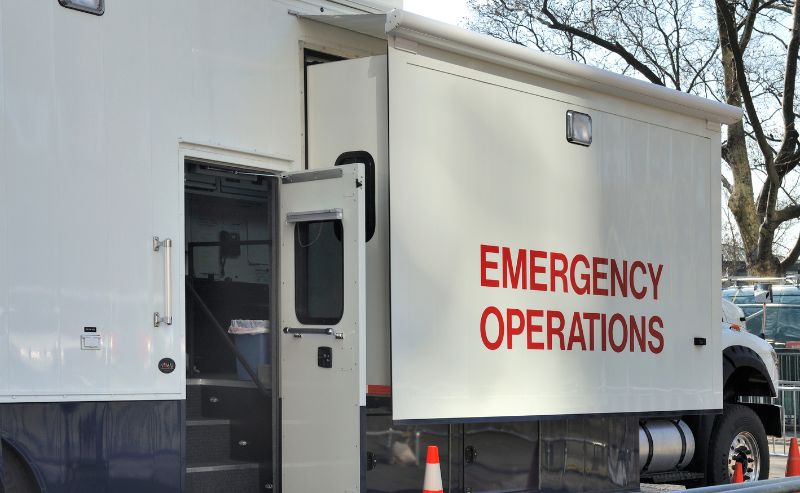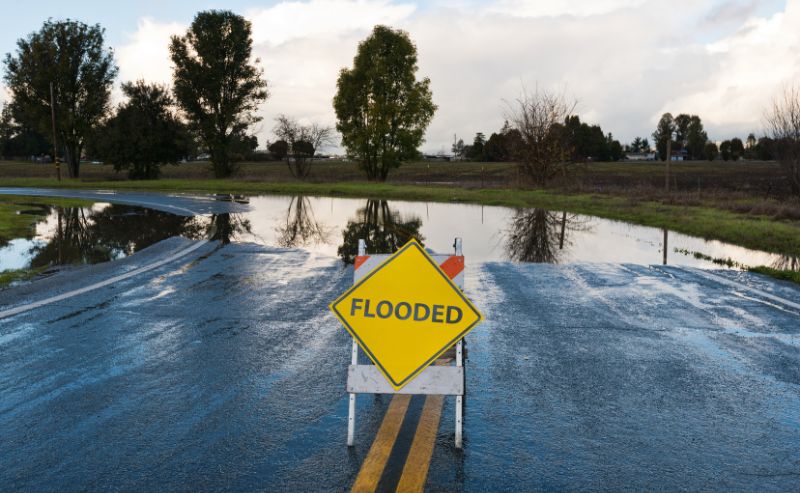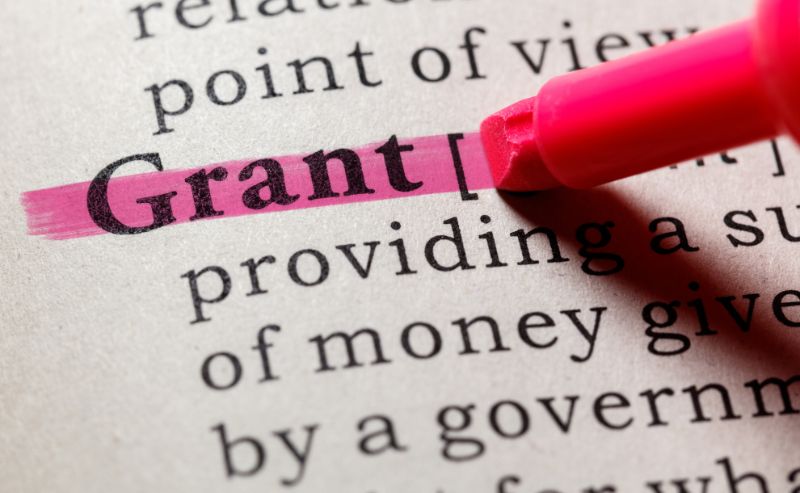As if we don’t all have enough to stress over with the COVID-19 pandemic, now we also have to think about the Atlantic Hurricane Season. It doesn’t officially begin until June 1, 2020, but this week, May 3-9, 2020, is National Hurricane Preparedness Week. That means planning ahead and unfortunately, planning for the worst.
According to an outlook released by the Colorado State University Tropical Meteorology Project on April 2, 2020, the upcoming Atlantic Hurricane Season is predicted to be more active than usual. The 30-year average (1981 to 2010) is 12 named storms, six hurricanes, and three major hurricanes. This year, the group, led by Dr. Phil Klotzbach, is calling for 16 named storms, eight hurricanes, and four major hurricanes.
Hurricanes, as we all know, are among the most powerful and deadliest forces in nature. They bring with them heavy rain and flooding, high winds, tornadoes, and of course, storm surge, all of which pose serious danger. For these reasons, the National Oceanic and Atmospheric Administration (NOAA) reminds us all that, with hurricanes:
- People can lose their belongings (whether due to the hurricane or from looting) or, tragically, their lives.
- Neighborhoods, sometimes even our own, can flood and buildings get knocked down.
- Entire cities can be shut down, residents trapped in their homes, and emergency responders evacuated when yet another hurricane rolls through already impacted areas.
- Oil and gas infrastructure can be torn apart, releasing hazardous materials into coastal waters.
- Houses, boats, and a variety of debris can be swept into the ocean.
- The very shoreline can be reshaped.
It’s been a while since we last thought about hurricanes, but let’s not forget that two made landfall in the U.S. just last year—Barry in Louisiana, and Dorian in North Carolina. Four named storms, most notably hurricanes Florence and Michael, impacted the U.S. coast in 2018. And, seven, including Harvey, Irma, and Maria, battered Texas, Florida, and Puerto Rico, respectively, in 2017.
Given this year’s outlook, we could see any one (or more) of the storms now named by the World Meteorological Organization. They are Arthur, Bertha, Cristobal, Dolly, Edouard, Fay, Gonzalo, Hanna, Isaias, Josephine, Kyle, Laura, Marco, Nana, Omar, Paulette, Rene, Sally, Teddy, Vicky, and Wilfred. Take time now, during National Hurricane Preparedness Week, to get yourself and your organization ready for the months ahead. The Atlantic Hurricane Season runs through November 30.






